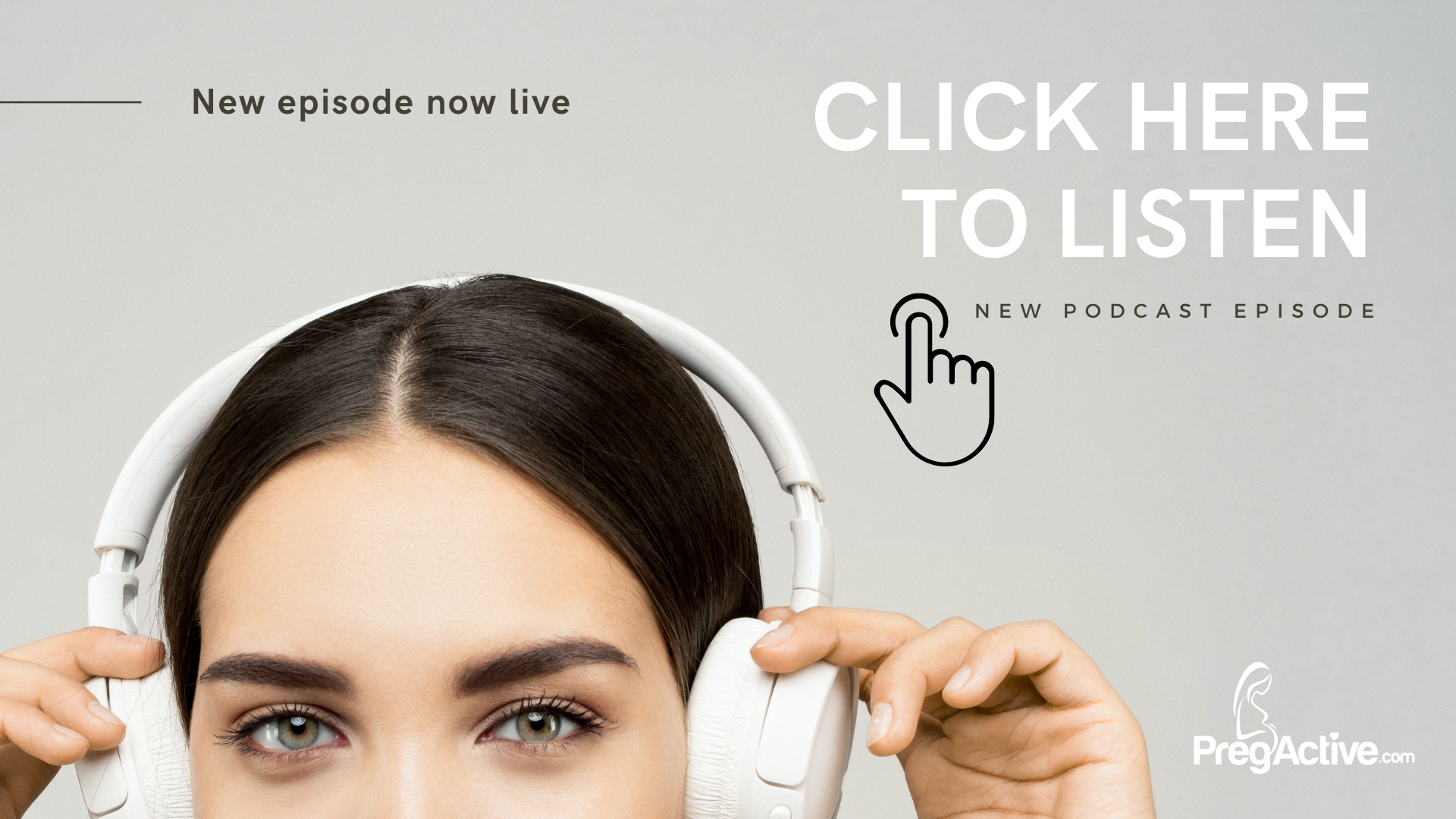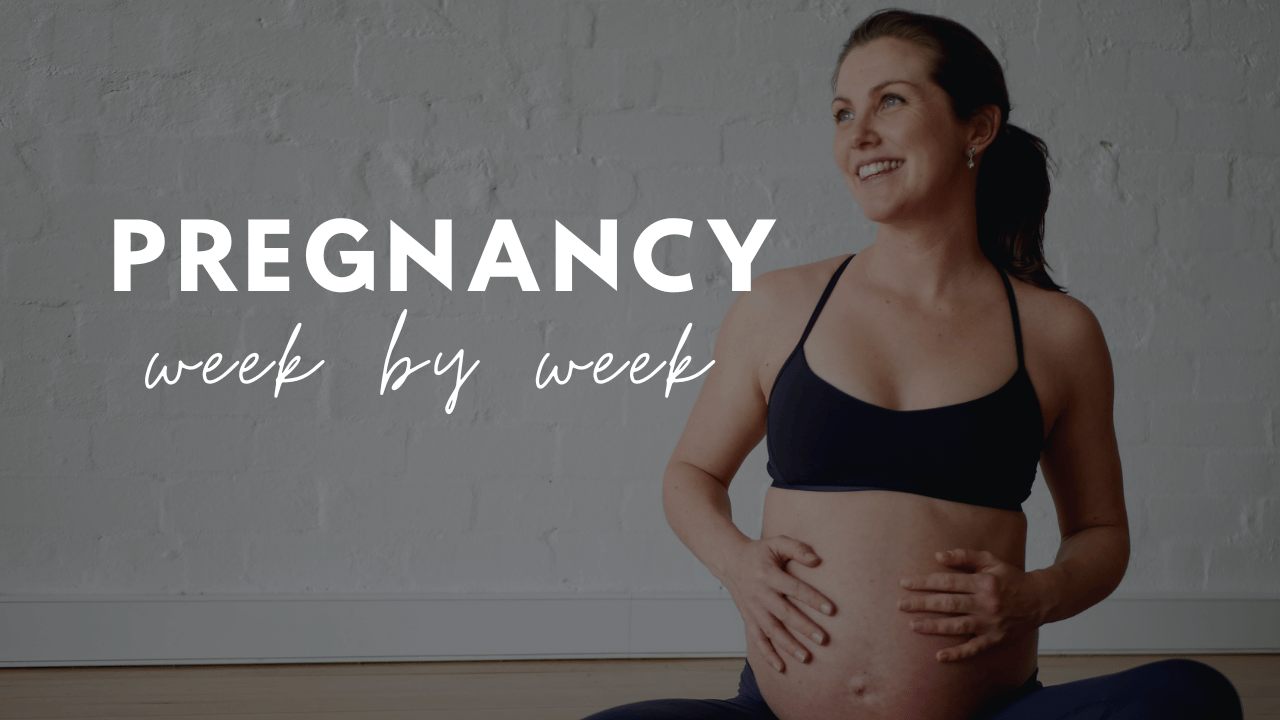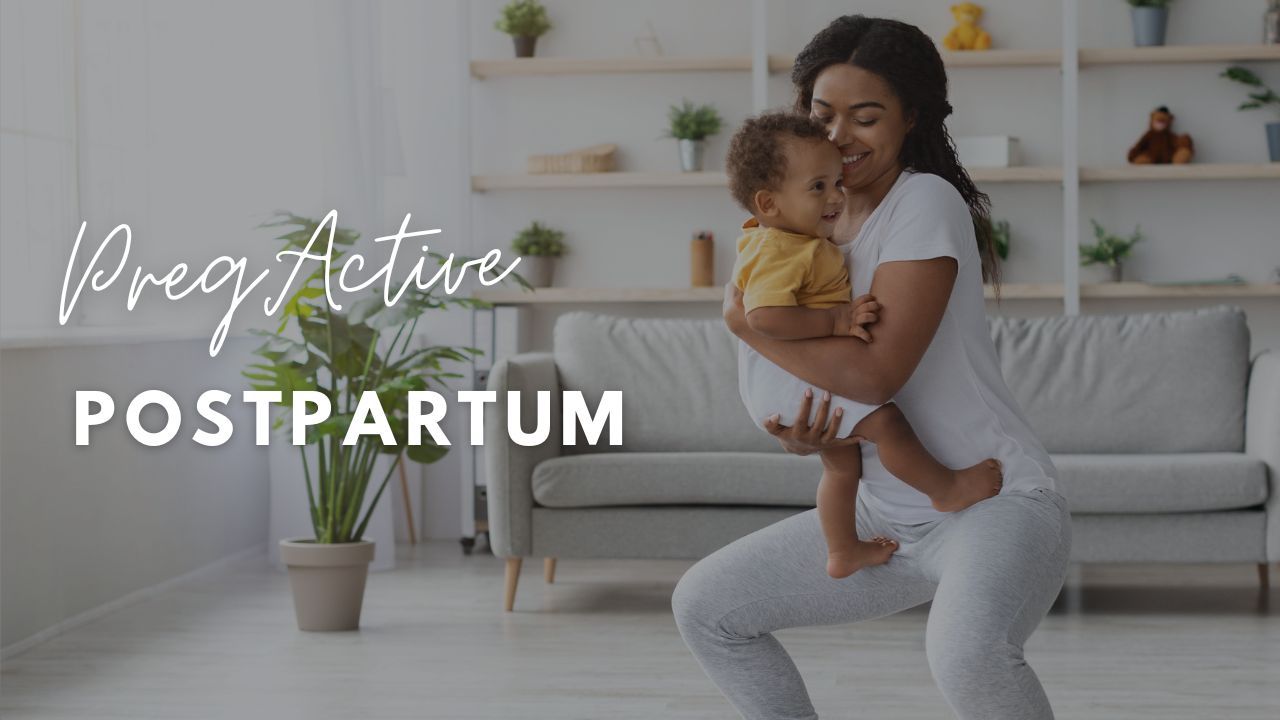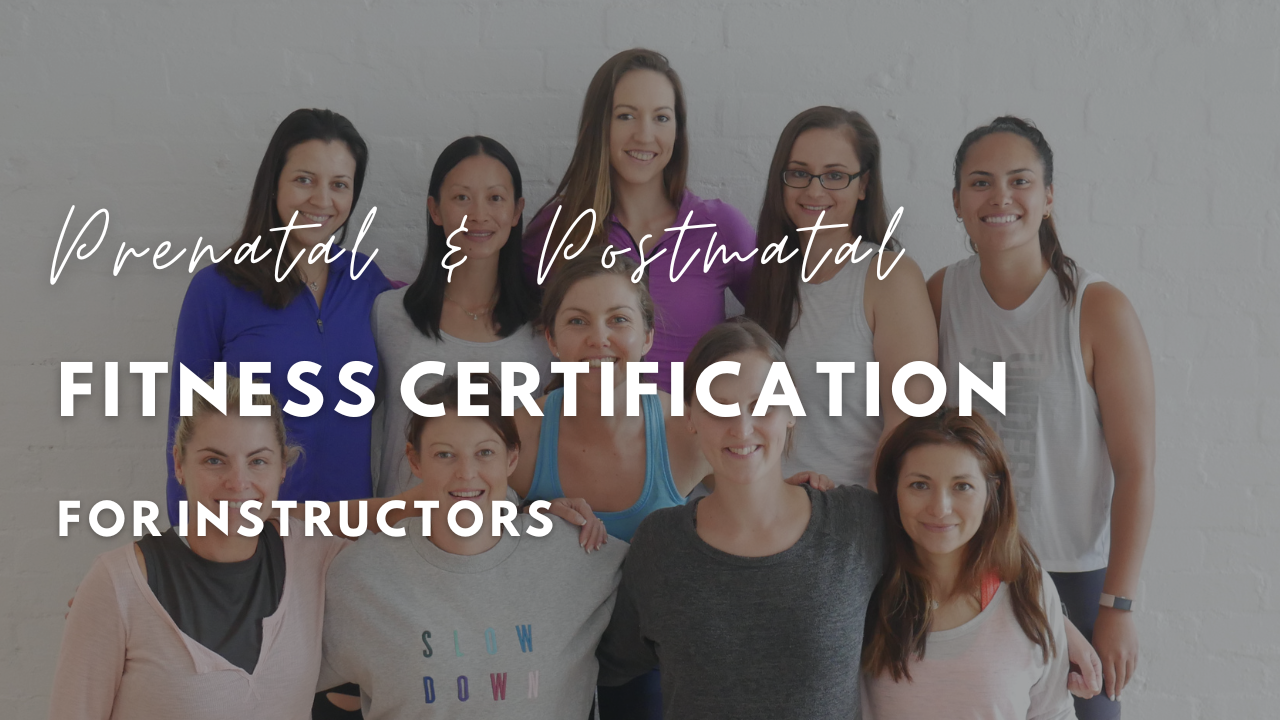Postnatal Depression Podcast with Psychologist Rebecca Black
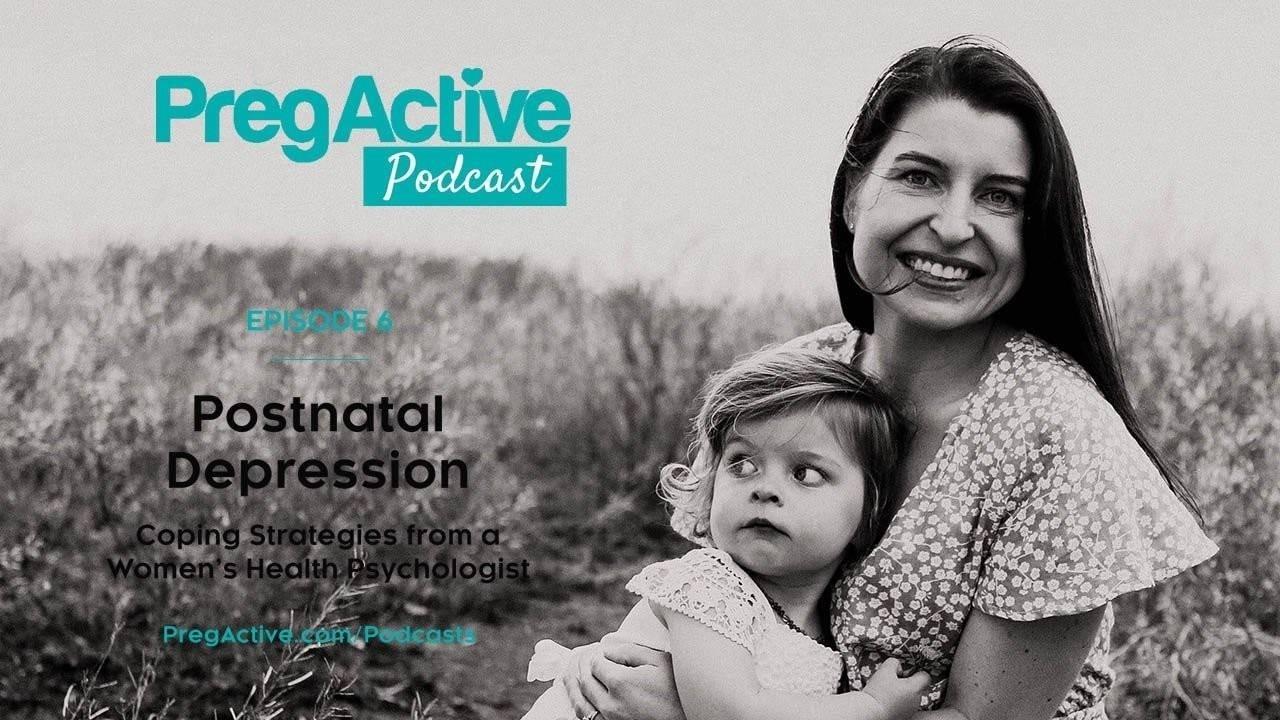
Postnatal Depression Podcast with Psychologist Rebecca Black
Postnatal depression is more common than you may realise. What is important is to understand what it is, the signs and symptoms and what you can do. Here is an awesome Podcast I did with Psychologist Rebecca Black on PND.
Podcast duration: 33:32
Rebecca Black
Rebecca Black is a Women's Health Psychologist with a passion in helping women, particularly in the perinatal period, all the way from pregnancy through to motherhood.
Listen to this incredible Podcast as we interview Rebecca on all things Postnatal Depression to help new mothers around the world.
What is Postnatal Depression (PND) and Postnatal Anxiety
Postnatal depression and anxiety can be of all levels (mild, moderate or severe).
And symptoms can begin anywhere from suddenly after birth or appear gradually in the weeks or months during the first year after birth.
There are a range of symptoms including feeling constantly sad, crying and feeling low.
Being irritable and angry and struggling to get out of bed.
The statistics differ, but up to one in seven new mothers experience postnatal depression and if you include postnatal anxiety, it's up to one in four new mothers that are affected.
Even people who have not been affected by mental health can be affected, PND does not discriminate.
Don't forget about the Mother
To anyone reading this who is about to visit a new family with a newborn, think about the parents, not just the baby.
It's an overwhelming time for all new parents, and a big adjustment. Be mindful of the comments you are making and ensure there is no pressure or encouragement of 'mum-guilt.'
No one is perfect and everyone needs support.
Be Kind to Yourself
The baby blues are completely normal to feel emotional in the week after having your baby, but if these feelings persist for two weeks or more, seeking advice to help you can help.
The 'job' of being a mother is not always enjoyable, there are many aspects of being a mother that are not enjoyable, and remember that you don't have to love it all the time.
Coping Strategies for Postnatal Depression
Mindfulness
- Taking some deep breaths to help in those moments of overwhelm.
- Notice if you are feelings of irritability of anger and take 3 deep breaths before you respond or react.
Make Time for You
- Slow down and take a moment for you.
- Take five minutes to drink have a cup of tea.
- Go for a walk outside.
- Catch up with a friend for coffee.
- Small time or big time, just allocating to you is important.
Getting Outside into the Fresh Air
- Out in your front yard or back yard.
- Go for a small walk.
- Stand outside and take a few deep breaths.
- Open up your house and let fresh air in.
Connecting to the World
Feeling of isolation and loneliness is common in new mothers, especially those suffering from postnatal depression.
If you have anxiety going to a mother group or a library could be too much. But taking small steps that don't overwhelm you.
Even if your mind is telling you to stay inside in bed, getting out is going to help you.
- Go ordering a coffee and talk to the person taking your order.
- Go to the park and smile at another mother.
- Set small goals to get out.
Build Your Village when You Have PND
Everyone is different, but it's important to find a group that you connect with. Mothers Groups can be positive environments.
- Reaching out to friends
- Mothers Groups
- Play groups
- Story time
- Music Groups
- Online Groups* (see below in 'how to connect)
Others will appreciate you taking the first step.
Knowing that the other women will appreciate it if you introduce yourself.
Put your phone away.
We often use our phone to disengage, but putting your phone away you are opening your opportunities to connect.
How to Connect
1. Online communities
2. PregActive community
3. Other groups that online with you.
*All women pregnant women and new mothers are welcome to join our beautiful online community through PregActive community to connect to other women going through what you are going through.
Talking about Depression and Anxiety in Pregnancy
Feelings of anxiety can happen in pregnancy too, if this happens certainly reach out for help.
Men can get PND too
Men become fathers at the same moment women become mothers. Depression can affect men too and important for men to also acknowledge it and linking in with support.
Seeking Help
Watch out for the red flags or warning signs and watch out for feelings of struggling to find joy and struggling to get out of bed.
There are lots of avenues for support for PND:
- PANDA - great online resource. Look at their mental health check list.
- Child maternal health nurse.
- General Practitioner - can refer you to a psychologist.
Ask for Help and Accept Help
So many women feel like they want to do it all themselves.
- Cook dinner.
- Look after the baby so you can go for a walk or sleep.
- I need these five items from the shops.
Don't be afraid to ask for it.
Being direct with what you need.
Or write a list, leave it on the fridge and when someone comes over you can direct them to it.
Be strong, and say yes. It's not a weakness to say yes to help.
It might be a little bit uncomfortable, but it will become easier.

